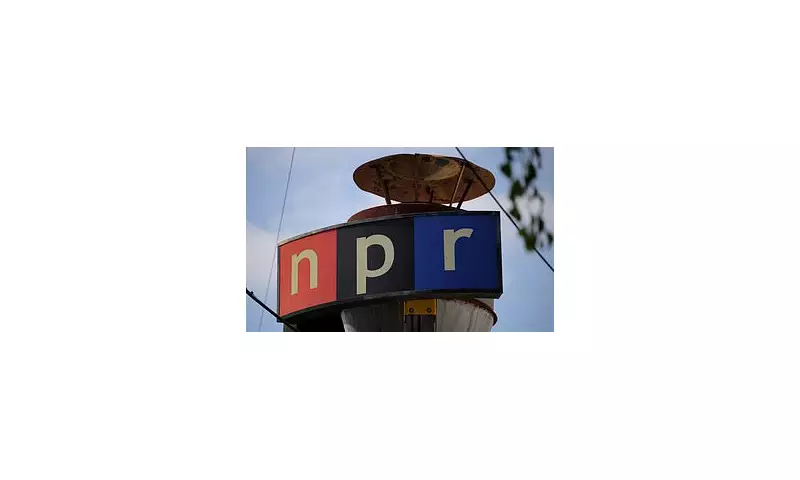
In a dramatic move that has sent shockwaves through the media landscape, the Corporation for Public Broadcasting (CPB) has announced plans to cease funding for Public Broadcasting Service (PBS) and National Public Radio (NPR). This decision threatens the future of two pillars of American public broadcasting, leaving millions of viewers and listeners in limbo.
Why This Matters
For decades, PBS and NPR have been synonymous with quality journalism, educational content, and unbiased reporting. Their potential closure raises serious concerns about the erosion of independent media and the impact on communities that rely on their programming.
The Funding Crisis
The CPB, which provides federal funding to public broadcasters, cited "changing media consumption patterns" and "budgetary constraints" as reasons for the decision. Critics argue this move represents a dangerous politicization of public broadcasting.
Public Outcry
Reaction has been swift and vocal:
- Educators warn of losing vital classroom resources
- Journalists fear reduced media diversity
- Rural communities worry about losing their primary news source
What Happens Next?
While some stations may attempt to continue operations through private donations, many smaller affiliates face imminent closure. The timeline for the shutdown remains unclear, but industry experts predict significant disruption within the next fiscal year.
This development comes amid growing concerns about media consolidation and the disappearance of local journalism across the United States.





